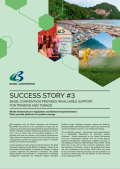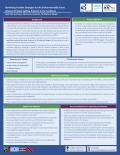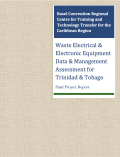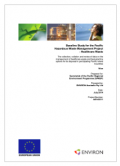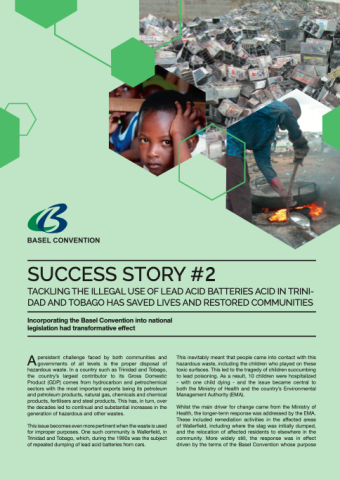
Dumping of lead-acid batteries from cars in Trinidad and Tobago resulted in children being exposed to hazardous waste – in this case lead poisoning. Responding to the situation, the Government of Trinidad and Tobago enacted national legislation, as called for in the Basel Convention, to minimize their generation and ensure their environmentally sound management.
This includes Waste Management Rules, which is a subsidiary piece of legislation to the country’s Environmental Management (EM) Act. These legal instruments aim to ensure the environmentally friendly and sound transportation, storage and disposal of hazardous wastes, including elements such as the registration and permitting of generators, transporters, handler and disposers of the sound management of used lead-acid batteries.
Trinidad and Tobago’s action on lead-acid battery also contributed to the preparation of a regional development strategy for Central America and the Caribbean to support the sound management of used lead-acid batteries. The strategy was executed through the Basel Convention’s regional centres for training and technology transfer for the Caribbean (BCRC-Caribbean) and Central America and Mexico (BCRC-CAM).
Recently, new Waste Management Rules and Waste Management (Fees) Regulations, 2021, were introduced. Through these rules, waste generators are obligated to: implement measures reducing waste generation; exercise environmentally sound management of waste; segregate hazardous waste from non-hazardous waste to facilitate handling; and ensure that treatment, recovery, or disposal of waste is conducted in a facility that is in accordance with the rules.

